China mulling sale of TikTok to Musk as US ban looms
Chinese officials are reportedly considering selling the video-sharing app to the X owner or another entrepreneur they trust to stop its closure in the US.
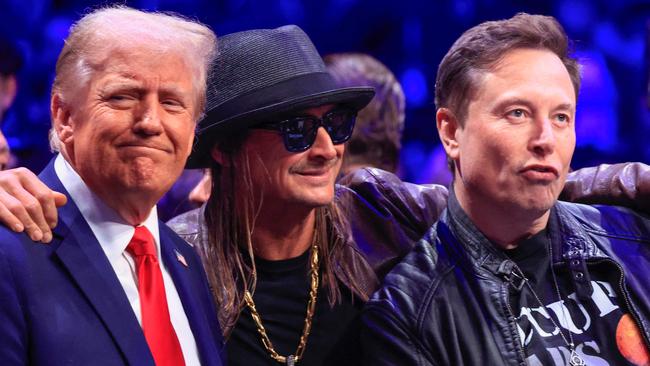
Chinese officials are considering masterminding a deal under which TikTok, the video-sharing app, is sold to Elon Musk or another entrepreneur trusted by the Communist Party, according to reports from the United States.
The US authorities are due to close TikTok’s operations in the country this weekend over accusations that, as a Chinese-owned company, its popularity is a threat to national security.
The only alternative is for its owner, the private Chinese firm Bytedance, to announce that it is negotiating to sell TikTok.
The Supreme Court is hearing a challenge to the ban, and Donald Trump has said he will reverse it.
But in the meantime, reports from Washington say the Chinese government, which does not own the company but has regulatory oversight of its key algorithm, wants to negotiate a purchase.
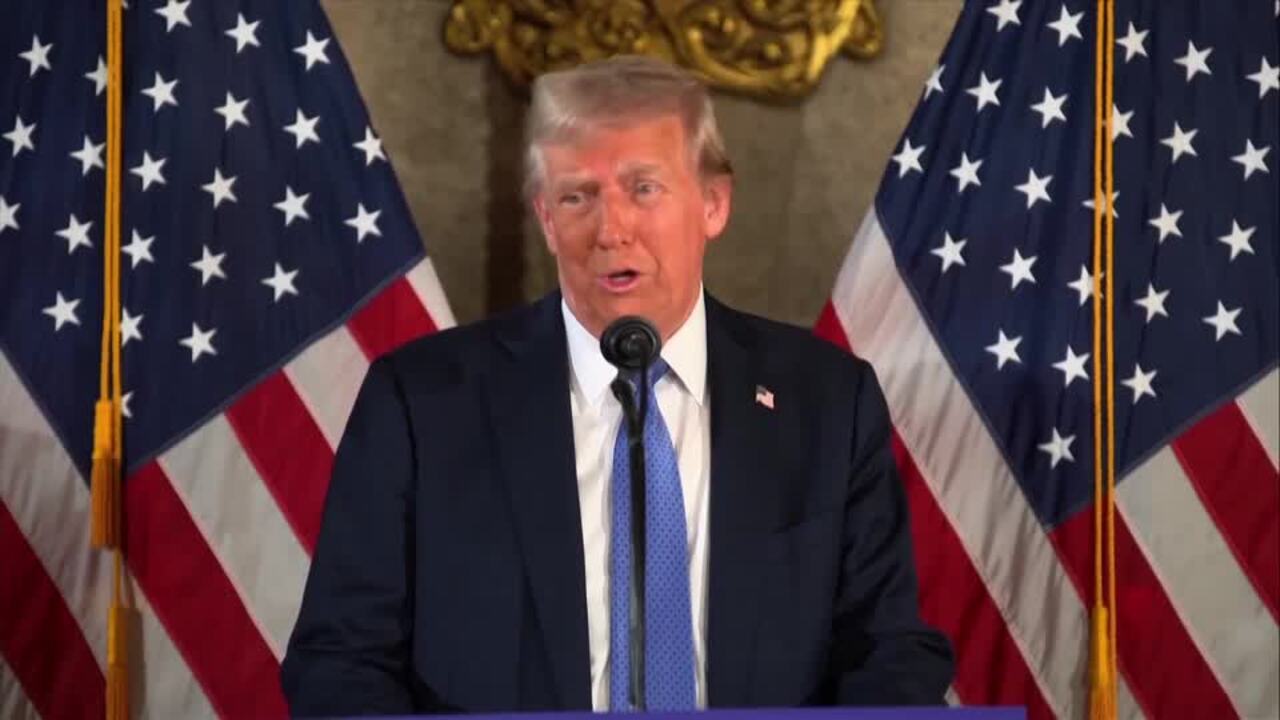
Elon Musk is one potential buyer it has mentioned, according to The Wall Street Journal.
The reports were dismissed as “fiction” by TikTok, but Musk is close to both Trump and the Communist Party, whose leaders he meets regularly, and such a sale might be popular with both sides.
Musk’s Tesla electric-car firm earned $US22bn in 2023 from China, where it also operates its largest factory.
Trump’s position on TikTok is a reversal of his position in his first term in office, when he turned on China and said he wanted the app banned as an agent of Chinese influence and a national security threat.
Bytedance, which is a privately owned company, then said it would consider selling TikTok’s US operations.
However, at the same time TikTok began a legal action in the US and won an injunction against the executive order Trump had used to announce the ban.
Trump left office before the courts considered the matter further, and the executive order lapsed.
The ban was later resurrected as a bill that was passed overwhelmingly by both houses of Congress and signed into law by President Biden.
Bytedance was given until January 19 to sell TikTok or have it banned.
Trump is due to be inaugurated the next day.
The ban is being contested in the courts on grounds of free speech, but the solicitor-general, Elizabeth Prelogar, representing the government before the Supreme Court, said Bytedance remained subject to Chinese jurisdiction in matters of national security.
“We know that [China] has a voracious appetite to get its hands on as much information about Americans as possible,” she said.
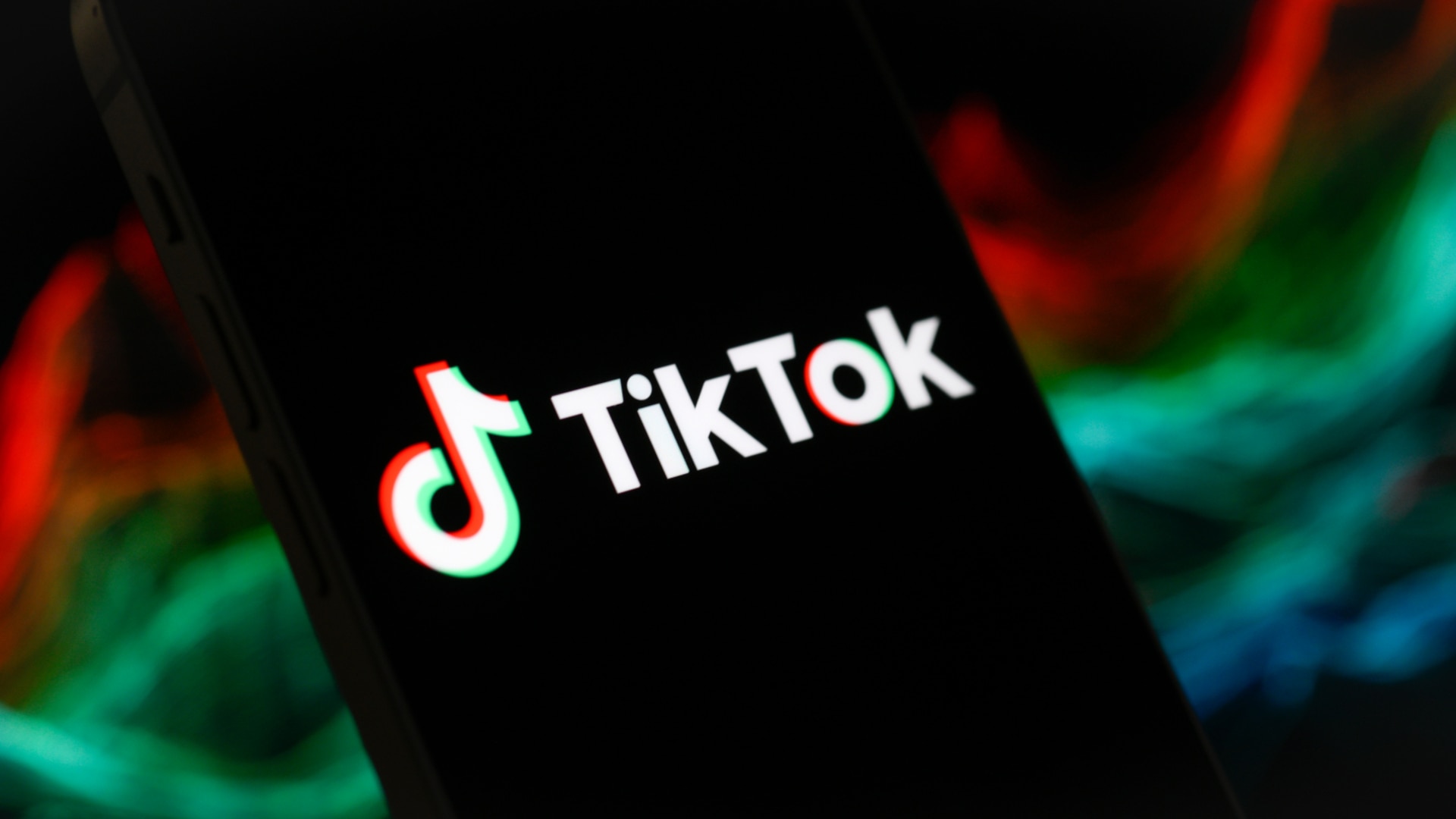
Brett Kavanaugh, a Supreme Court judge, appeared to sympathise, saying he feared China might use information gleaned from TikTok to blackmail today’s teenagers who go on to work for the CIA, FBI or in other sensitive roles.
Kavanaugh was appointed to the court only after facing down accusations of sexually inappropriate behaviour when he was a young man.
The Chinese authorities have always reacted angrily to any suggestion that TikTok is a threat to the United States, and insisted Bytedance was a private company.
However, they have a role in the outcome, since under Chinese law companies can be banned from transferring algorithms to foreign owners.
Key to TikTok is Bytedance’s proprietary algorithm, which decides what its users want to see and directs appropriate content their way.
The company is in any case likely to be unwilling to offer it for sale, making a purchase of just the US arm a less attractive proposition.
Musk, who has used his purchase of Twitter, which he renamed X, to project his political opinions around the world, has also become a key figure in Trump’s incoming administration.
He has been given a role advising on cutting bureaucratic waste, but has also become a cheerleader for Trump policies and personnel.
He is said to know Shou Zi Chew, TikTok’s Singaporean chief executive, and to have discussed with him in the past how to handle Trump.
Actually taking on TikTok, and finding the tens of billions of dollars necessary to buy its American arm or the whole company, is another matter.
He has given no personal response to the reports, though he added a “laugh” emoji to an X post joking about it.
TikTok’s denial of the report cannot exclude the possibility that the idea has been discussed by Chinese officials.
The idea may also have been floated to prevent the ban coming into force before Trump has a chance to stop it.
TikTok users, many of whom earn large sums from “influencer” videos on the site, are staging their own protests against its imminent ban.
Several have posted videos demanding that the Congress bill be reversed and pointing out that other Chinese apps, which also collect user data, have not been challenged.
TikTok does not operate behind the Communist Party’s censorship firewall in China itself, where Bytedance runs a Chinese-language equivalent called Douyin.
But many American TikTok users also appear to have suddenly joined a highly popular rival app serving the Chinese market, sending it to the top of the Apple downloads table in the US.
The app’s name is Xiaohongshu in Chinese – or Little Red Book, named after the ubiquitous tome containing the thoughts of China’s former leader, Chairman Mao Zedong.

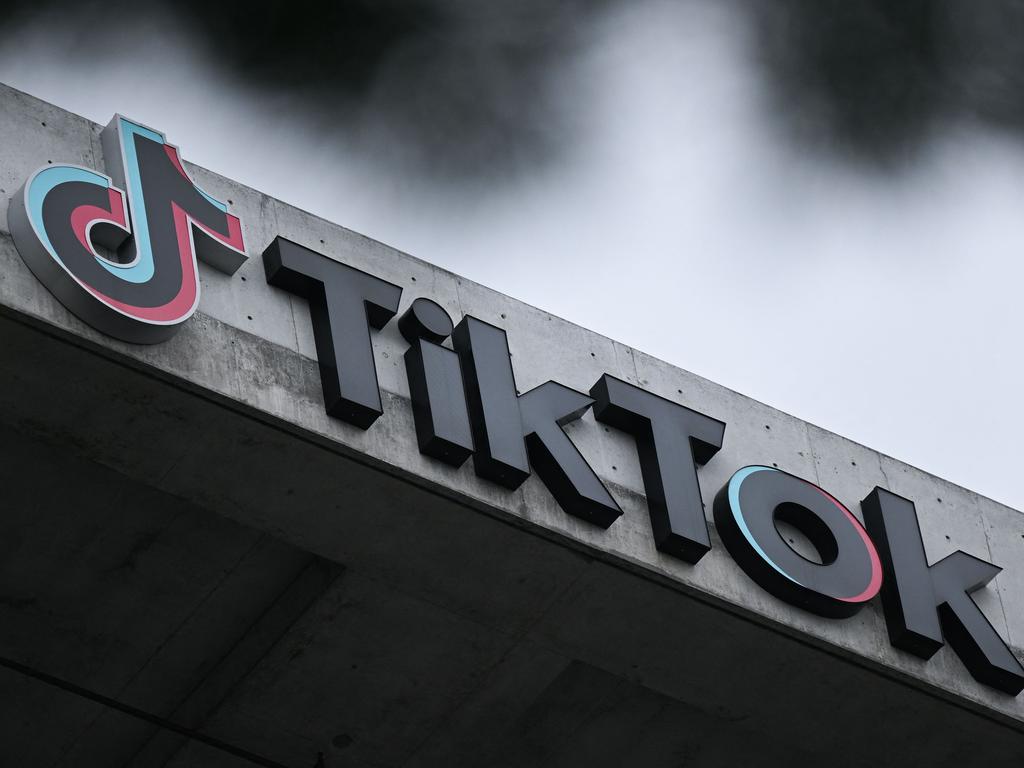


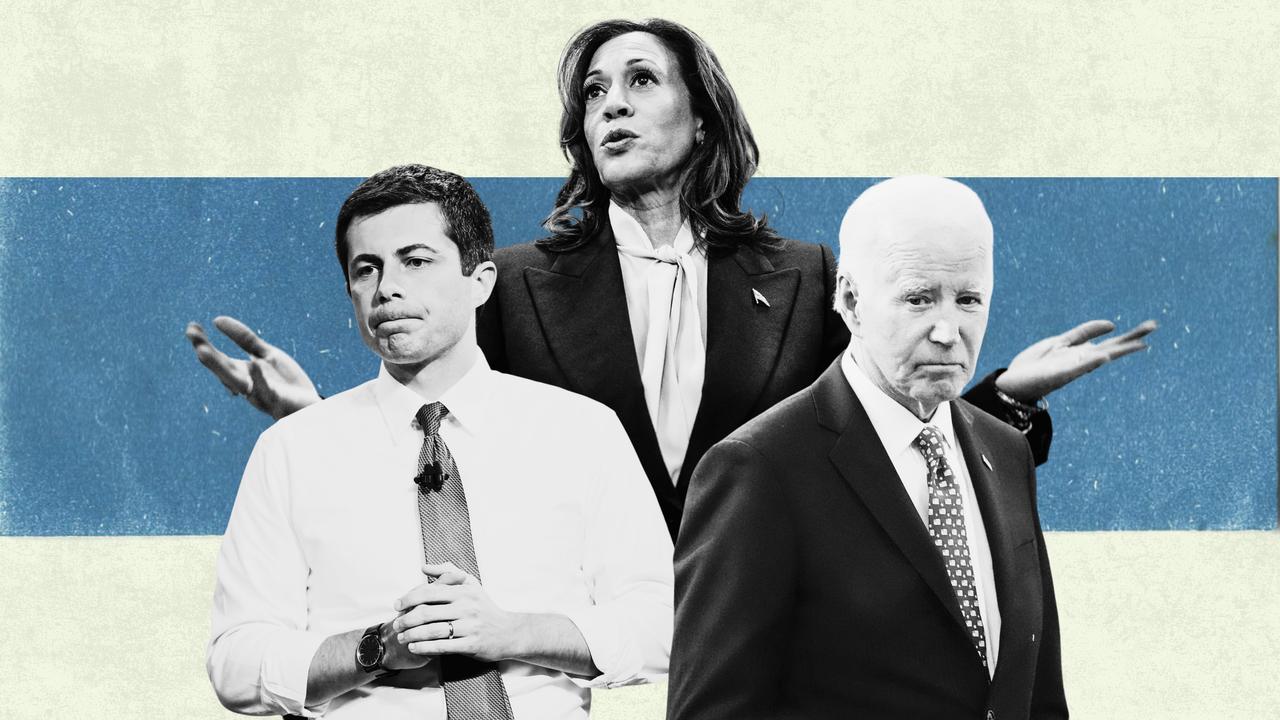

To join the conversation, please log in. Don't have an account? Register
Join the conversation, you are commenting as Logout